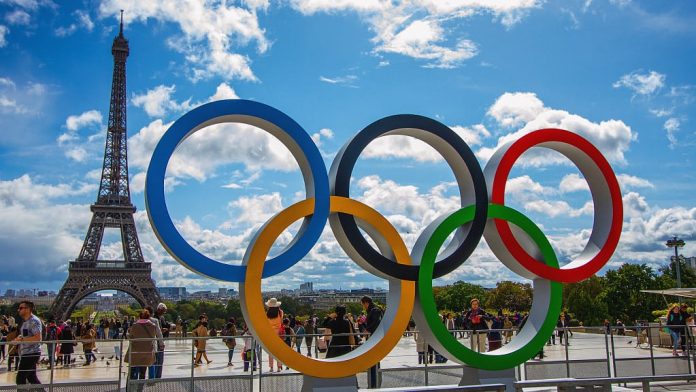With just ten days left until the opening ceremony of the Paris Olympics (July 26 – August 11), a majority of French citizens express serious concerns about the event’s security, according to the latest “Security of the French” barometer conducted for “Le Figaro.”
The survey reveals that 68% of French people are worried about safety in tourist spots and on public transportation, including buses, metros, trains, and long-distance coaches. In response, the number of patrols in Île-de-France’s public transport system has tripled, rising from 100 to 300, with 700 patrols planned for the Olympics and a peak of 850 on July 26, the opening day.
Despite these measures, 65% of respondents feel unsafe about visiting fan zones, which are expected to host around 50,000 people. Additionally, 58% fear incidents at stadium entrances, and 53% within the sports venues themselves. The survey also highlights specific safety concerns, with 92% worried about pickpockets, 88% about thefts, and 60% about sexual violence. Concerns extend to baggage theft in hotels as well.
Nearly half of the respondents (48%) fear that summer festivals and tourist sites across the country might be targeted during the Olympics. Moreover, over 80% worry that security issues faced by tourists will tarnish the global image of France and its capital.
Despite the increase in security measures, the French public remains skeptical about their effectiveness. The substantial deployment of police and security personnel is intended to reassure both locals and tourists, but lingering doubts persist, particularly regarding crowded areas like fan zones and Olympic venues.
The high-profile nature of the Olympics has amplified these concerns, with many fearing that any incident could have severe repercussions not only for the event but for France’s international reputation. As the countdown to the Paris Olympics continues, authorities are under immense pressure to ensure a safe and secure environment. The success of the event depends significantly on their ability to address these widespread security concerns and to protect both participants and spectators from potential threats.





